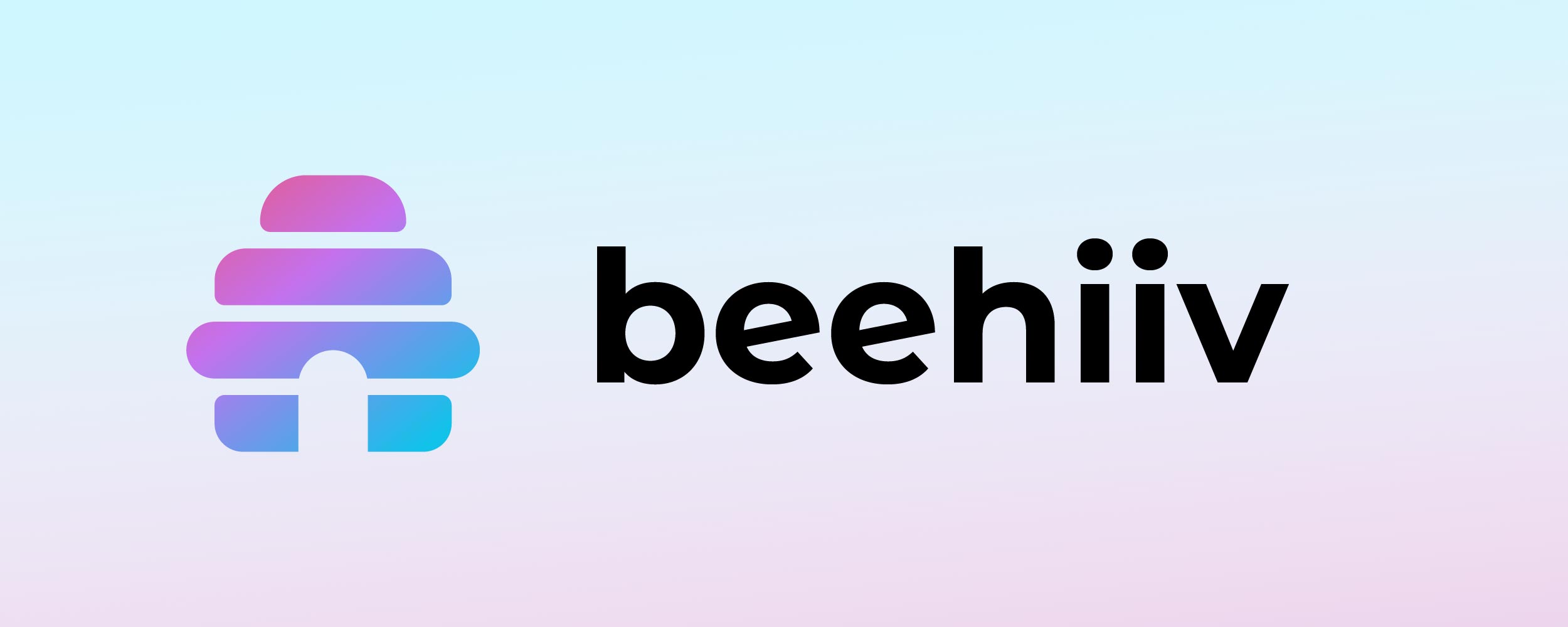
Zurück zum Hub
Blog
Software
The 15 best email newsletter software platforms that will skyrocket your engagement in 2025

Mathieu Co-founder
Veröffentlicht am 29. Juli 2025Aktualisiert am 15. Okt. 2025
Picture this: You've just crafted the perfect newsletter, hit send, and watched your open rates soar to heights that would make most marketers green with envy. But here's the plot twist – the secret isn't just great content; it's choosing the right email newsletter software that acts like a turbo engine for your email marketing campaigns.
With email marketing generating an average ROI of $42 for every $1 spent, choosing the wrong platform is like trying to race a Ferrari with bicycle wheels. The number of sent and received emails per day worldwide increased by 1.5 times from 2017 to 2024 and will continue rising for the next two years, making it crystal clear that email isn't going anywhere – it's getting stronger.
Whether you're a solopreneur launching your first newsletter or a seasoned marketer looking to upgrade your email game, this comprehensive guide will help you navigate through the maze of email newsletter platforms and find your perfect match.
What Is Email Newsletter Software? (And Why Your Business Desperately Needs It)
An email newsletter software helps you collect email subscribers, design visually appealing emails, and send them out to your audience. Essentially, it's the engine behind your email marketing efforts. Think of it as your digital marketing Swiss Army knife – it's got all the tools you need in one convenient package.
But here's what makes email newsletters so powerful: they say the best way to make yourself algorithm-proof is to start a newsletter, and it's true! A subscriber list is valuable because you own that direct line of communication with your audience. You're not at the mercy of a social media algorithm deciding who sees your content.
Inside your email marketing software, you can expect to see these key sections: Audiences (a.k.a. Contacts): different segments of your contacts who will receive content personalized to their marketing persona. Campaigns (a.k.a. Newsletters or Broadcasts): you can set up personalized campaigns for each audience.
Core Features Every Top-Tier Email Newsletter Platform Must Have
The best software for newsletter sending always includes the following key features, which are what I focused on in my testing: Segmentation options. If you have a large mailing list, it's useful to be able to divide up how you email people according to their demographic details and their behaviors.
Here's what separates the champions from the wannabes:
Essential Features Table:
Feature | Why It Matters | Impact on Success |
|---|---|---|
Drag-and-Drop Editor | Creates professional designs without coding | 3x faster creation time |
Advanced Segmentation | Delivers targeted content to specific audiences | 50% higher CTR |
Marketing Automation | Saves time with automated workflows | 24/7 engagement |
Analytics & Reporting | Tracks performance metrics | Data-driven optimization |
A/B Testing | Optimizes campaign performance | 15-20% improvement rates |
Mobile Responsiveness | Ensures emails look great on all devices | 70%+ mobile opens |
The 15 Best Email Newsletter Software Platforms for 2025
1. Beehiiv - The Growth-Focused Powerhouse

Since launching my newsletter in January 2024, I've found beehiiv to be the most intuitive and growth-focused platform available. One of my favorite things about beehiiv is the ease of monetization, whether through ads, paid subscriptions, or partnerships.
What Makes Beehiiv Special:
Founded by the former Morning Brew team, it absorbed their valuable knowledge and experience
AI-powered content suggestions for keeping newsletters engaging
Built-in monetization with subscription models and ad networks
Unlimited emails, a website builder with custom domain support (a rarely-seen feature in free plans), and the ability to manage multiple newsletters. Its recommendation network is a standout feature, allowing creators to exchange audience recommendations with other newsletters
Pricing:
Free: Up to 2,500 subscribers with unlimited sends
Launch: $42/month for up to 10,000 subscribers
Scale: Starting at $84/month for advanced features
Best For: Content creators and entrepreneurs serious about newsletter monetization
2. MailerLite - The Affordable All-Rounder
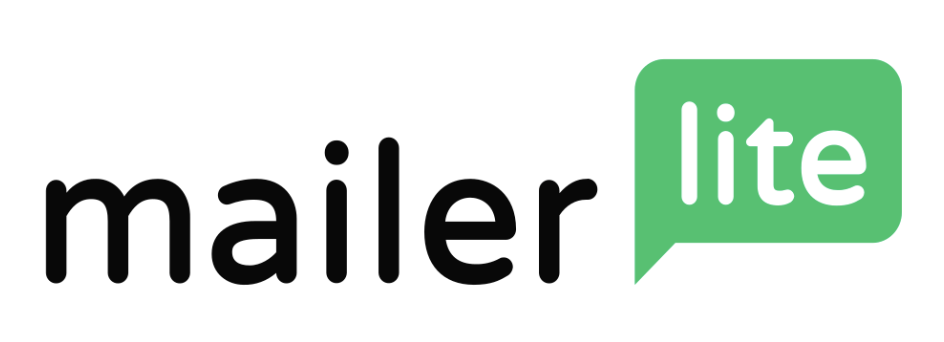
MailerLite is one of the most affordable email software, while still giving you all the email marketing features a small business needs for creating and sending newsletters. One of MailerLite's strengths is how easy it is to use.
Standout Features:
The email editor also has an AI writing assistant that can write headlines, product descriptions, and even full newsletters
Pre-formatted content blocks for quick email assembly
RSS feed integration for automated content
Advanced segmentation even on free plans
Pricing:
Free: 12,000 emails/month to 1,000 contacts
Growing Business: $10/month for 500 contacts
Advanced: $20/month with additional features
Best For: Small businesses and startups looking for maximum value
3. Kit (formerly ConvertKit) - The Creator's Choice
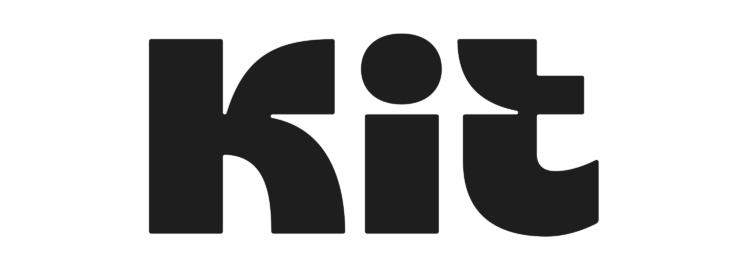
Kit was the second email newsletter service I tried after Mailchimp, and I used it from 2021 to 2024. Honestly, it's a solid platform. One thing I love about Kit is how easy it is to use. You don't waste time figuring things out—you just get things done.
Creator-Focused Features:
Visual automation builder for complex workflows
Landing pages and signup forms included
Commerce integrations with Stripe and Shopify
Audience tagging and segmentation for precise targeting
Pricing:
Free: Up to 10,000 subscribers with basic features
Creator: $9/month for up to 300 subscribers
Creator Pro: $25/month with advanced reporting
Best For: Content creators, bloggers, and online educators
4. GetResponse - The Marketing Automation Beast

From automation and segmentation to AI tools and unbeatable support, GetResponse offers everything you can expect from a modern newsletter software at a competitive price.
Advanced Features:
Conversion funnel builder with landing pages
Webinar hosting capabilities
Advanced segmentation and personalization
CRM integration for sales alignment
Pricing:
Email Marketing: $19/month for 1,000 contacts
Marketing Automation: $59/month
Ecommerce Marketing: $119/month
Best For: Businesses wanting an all-in-one marketing solution
5. Mailchimp - The Household Name
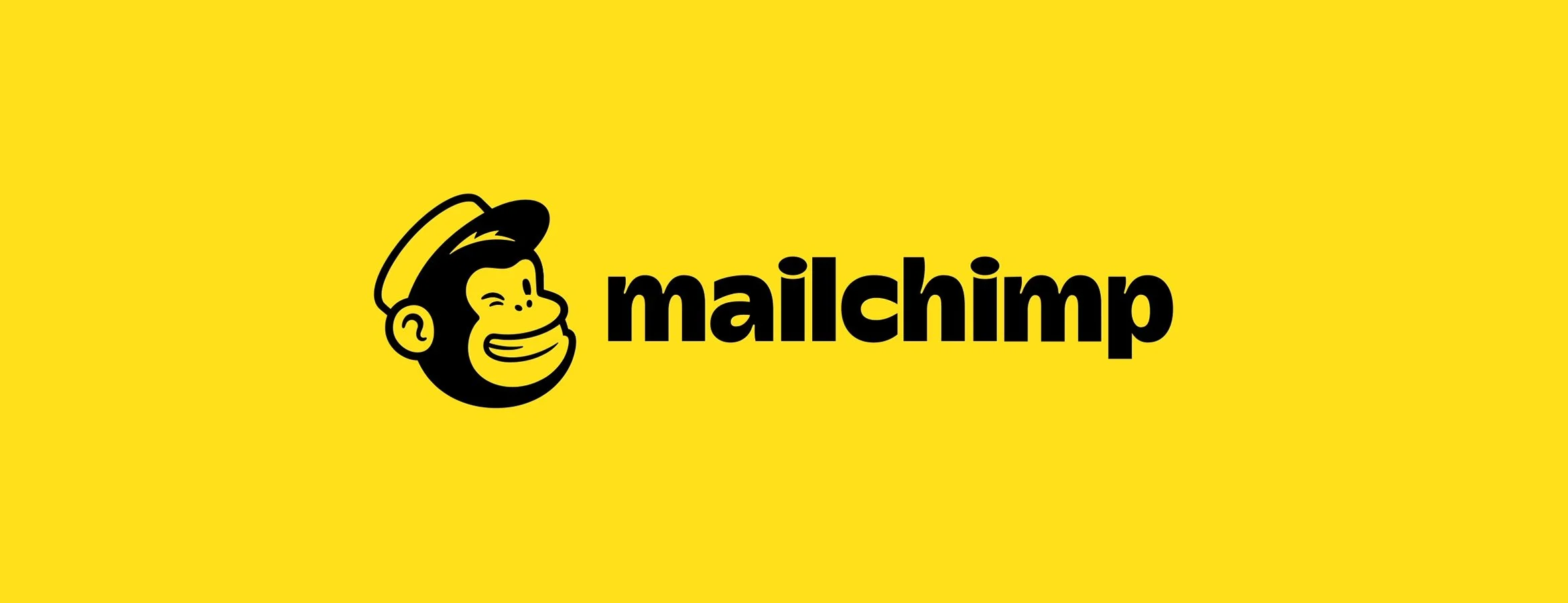
Despite recent price increases, Everyone's heard of Mailchimp—it's often the first email marketing tool people try. And there's a reason for that. It's easy to set up, simple to use, and doesn't overwhelm you with complex features. If you're just starting out and need a no-fuss newsletter platform, Mailchimp is still one of the most beginner-friendly options.
Proven Features:
Multichannel campaigns (email, social media, SMS)
AI-powered optimization recommendations
Advanced analytics with detailed reporting
Extensive integration library
Pricing:
Free: 500 contacts, 1,000 sends/month
Essentials: $13/month for basic features
Standard: $20/month with automation
Best For: Beginners and small businesses wanting brand recognition
6. Brevo (formerly Sendinblue) - The Multichannel Master
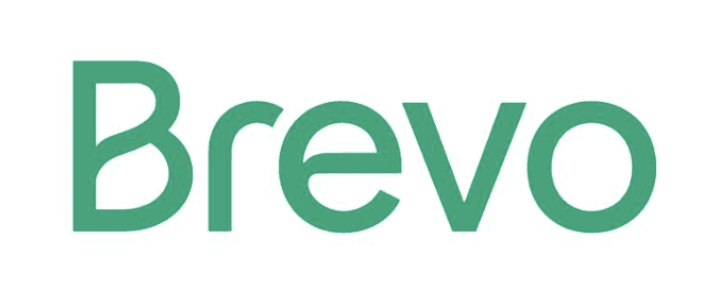
Brevo, formerly Sendinblue, is both an email marketing service and SMS software created with simplicity and ease of use in mind. It offers everything you need to develop actionable email newsletters without getting weighed down by complicated settings.
Multichannel Strengths:
SMS and WhatsApp campaigns alongside email
Advanced CRM for sales and marketing alignment
Transactional email capabilities
Unlimited contacts on all plans
Pricing:
Free: 300 emails/day
Starter: $9/month for 500 contacts
Business: $18/month with advanced features
Best For: Businesses wanting integrated email and SMS marketing
7. ActiveCampaign - The Automation Powerhouse

ActiveCampaign stands out for its rich automation features. Advanced segmentation, dynamic content, on-site behavior tracking, lead scoring... it has everything you need to orchestrate personalized and effective marketing campaigns. The platform also includes a comprehensive CRM, allowing you to unify marketing and sales data and create automated workflows for sales tracking. It's the ideal solution for teams looking to combine performance and personalization at scale.
Enterprise-Level Features:
Predictive sending optimization
Advanced behavioral triggers
Lead scoring and qualification
Deep ecommerce integrations
Pricing:
Lite: $15/month for 500 contacts
Plus: $70/month with CRM
Professional: $187/month for advanced features
Best For: Growing businesses needing sophisticated automation
8. Constant Contact - The Event Marketing Specialist
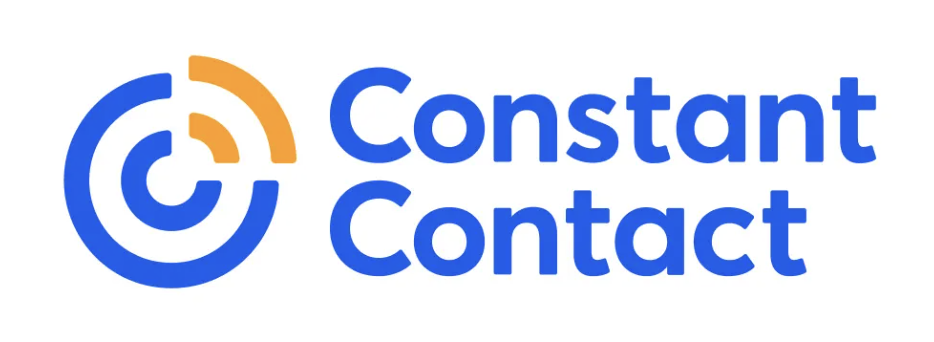
Constant Contact is excellent for businesses that frequently host events, with tools for error checking and event promotions, despite having an outdated email builder.
Event-Focused Features:
Event management and promotion tools
Social media integration
List management and segmentation
Extensive template library
Pricing:
Core: $12/month for 500 contacts
Plus: $45/month with automation
Best For: Event organizers and local businesses
9. AWeber - The Design-Focused Platform
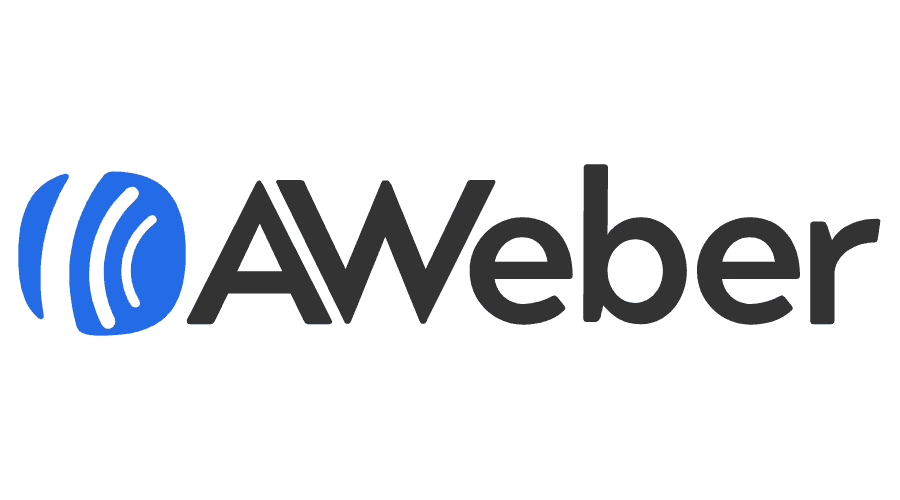
For me, the stand-out feature of AWeber is newsletter design. There are more than 600 templates to choose from. One of the best selections in any email marketing tool.
Design Advantages:
600+ professional templates
Smart Designer creates branded templates automatically
Canva integration for custom graphics
24/7 live chat support
Pricing:
Free: 500 subscribers, limited features
Pro: $12.50/month for 500 contacts
Best For: Small businesses prioritizing design aesthetics
10. Omnisend - The Ecommerce Specialist

Omnisend is email marketing built for eCommerce, allowing you to build and manage everything from transactional emails to newsletters and automated email flows. The app integrates with popular eCommerce platforms, including Shopify, BigCommerce, Magento, WooCommerce, and Wix. Once you connect your store, Omnisend pulls in key data on your customers and their behavior to help power robust customer segmentation, email automation, and detailed reporting.
Ecommerce Features:
Pre-built ecommerce segments like "high potential buyers"
Product recommendation engines
Cart abandonment automation
SMS marketing integration
Pricing:
Free: 250 contacts, 500 emails/month
Standard: $16/month with automation
Pro: $59/month for advanced features
Best For: Online stores and ecommerce businesses
11. HubSpot - The Free CRM Integration
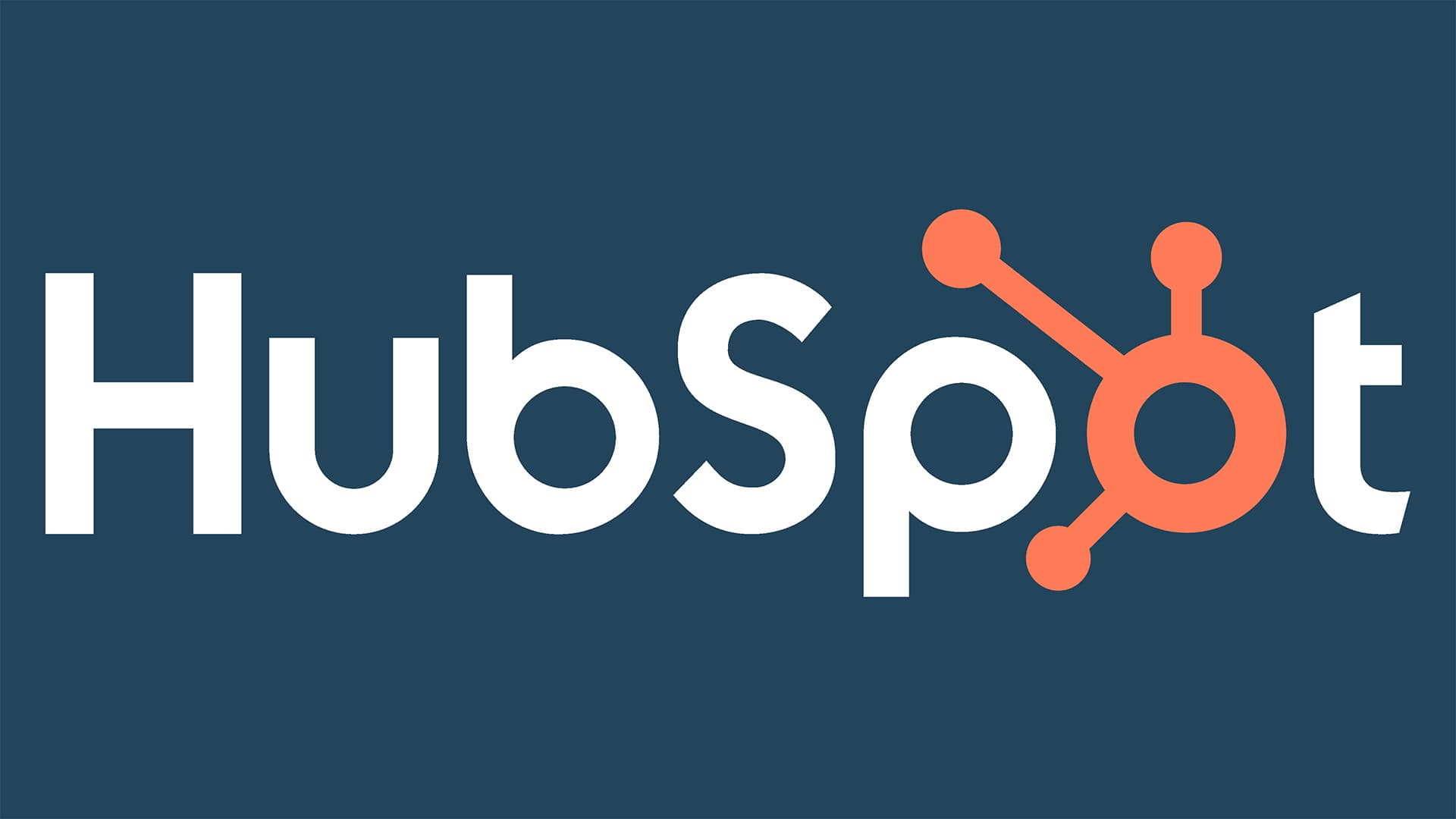
HubSpot's Newsletter Builder is best for small businesses and content creators who want to take control of their audience. With this Free Newsletter Builder, they can create delightful email newsletters to keep contacts engaged.
CRM Integration Benefits:
Free CRM with unlimited contacts
Lead tracking and scoring
Landing page builder
Detailed analytics and reporting
Pricing:
Free: 2,000 emails/month with basic features
Starter: $20/month for marketing tools
Professional: $800/month for advanced features
Best For: Businesses wanting integrated CRM and email marketing
12. Moosend - The Budget Champion
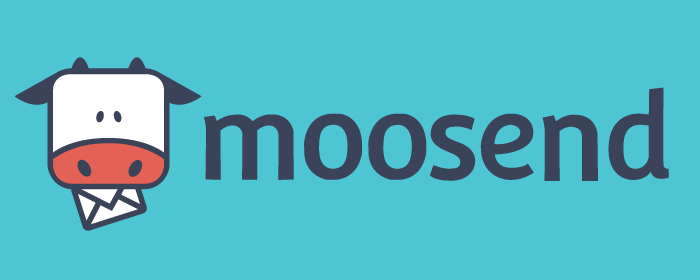
Moosend is great value for money and very user-friendly. Moosend pricing is only $9 a month for 500 contacts and unlimited emails. Which makes it one of the cheapest email marketing tools around.
Value Features:
Drag-and-drop editor for all content types
75+ email templates
Ecommerce integration with product imports
Live chat support for all users
Pricing:
Free: 30-day trial
Pro: $9/month for 500 contacts
Best For: Budget-conscious businesses wanting full features
13. Sender - The Feature-Rich Free Option

Sender is built for businesses that need a reliable, no-BS newsletter platform without burning through their budget. Unlike some tools that charge extra for automation, Sender includes unlimited autoresponders, drip sequences, and transactional emails—even on a free account. This makes it the perfect solution for businesses of all sizes that want to get the most out of their email marketing without breaking the bank.
Free Plan Generosity:
Unlimited autoresponders on free plan
Drag-and-drop editor
Advanced analytics
AMP email support
Pricing:
Free: 1,000 subscribers, 12,000 emails/month
Standard: $8/month for premium features
Best For: Startups wanting premium features for free
14. Flodesk - The Visual Storyteller

Flodesk shines as a user-friendly email marketing platform known for its beautiful email designs. If visually appealing newsletters are a priority and you're just starting, Flodesk offers a great entry point for building your email list and nurturing subscribers without the immediate pressure of paid subscriptions. It's a good option for creatives and small businesses who want their emails to look as good as their brand.
Design-First Approach:
Instagram-worthy templates
Flat-rate pricing regardless of subscriber count
Simple automation workflows
Mobile-first design
Pricing:
Pro: $35/month for unlimited subscribers
Best For: Creative professionals and visual brands
15. Substack - The Publication Platform

Substack is much more than a newsletter platform. A Substack is an all-encompassing publication that accommodates text, video, audio, and video.
Publishing Features:
Built-in audience discovery
Paid subscription management
Community features
Multi-format content support
Pricing:
Free: Basic newsletter features
Pro: 10% of subscription revenue
Best For: Writers and journalists building paid publications
How to Choose the Perfect Email Newsletter Software for Your Business
Selecting the right platform isn't just about features – it's about finding the perfect fit for your specific needs, budget, and growth plans. Here's how to make the right choice:
1. Define Your Primary Use Case
For Content Creators: Choose platforms like Kit or Beehiiv that offer monetization options and creator-focused features.
For Ecommerce: Omnisend or Klaviyo provide deep ecommerce integrations and behavioral targeting.
For B2B Outreach: Consider platforms like Emelia.io that specialize in cold email campaigns and prospecting, or combine your newsletter efforts with dedicated B2B tools for comprehensive outreach strategies.
For Beginners: Mailchimp or MailerLite offer user-friendly interfaces with generous free plans.
2. Consider Your Budget Reality
it usually depends on your subscribers' list size, the number of emails you want to send, and their frequency. If you have a short list of subscribers and you're just getting started, you're likely to find a good newsletter software that might do it for you free.
Budget-Friendly Champions:
Free Forever: Kit (10,000 subscribers), HubSpot (2,000 emails/month)
Best Value: MailerLite ($10/month), Moosend ($9/month)
Premium Worth It: ActiveCampaign, GetResponse for advanced automation
3. Evaluate Essential Features
Must-Have Features Checklist:
✅ Automation Capabilities: Automation has become the standard over the years, and newsletter software without this feature is not worth investing in if you want to scale up your email marketing efforts
✅ Segmentation Power: you can't address all customers, in the same way, using the same marketing message. That's why it is very important to have a segmentation feature that allows you to segment users based on their language and other attributes
✅ Analytics and Reporting: Whether you're planning to monetize your newsletter or not, it's important a tool can help you understand how your email campaigns perform
✅ Mobile Responsiveness: With 70%+ of emails opened on mobile
✅ Deliverability Rates: Look for platforms with 98%+ delivery rates
4. Think Long-Term Growth
Choose a platform that can scale with your business. Start with the email newsletter software that feels most like it fits your needs today. Don't worry: when you need more features, you can always upgrade your plan, switch to another app, or keep your original, email newsletter platform alongside a more advanced marketing automation tool.
Advanced Email Newsletter Strategies That Actually Work
Segmentation That Converts
Segmented email campaigns have a 50% higher CTR than not targeted campaigns. Here's how to segment like a pro:
Behavioral Segmentation:
Engagement levels: Active vs. inactive subscribers
Purchase history: Previous buyers vs. prospects
Content preferences: Topic-based interests
Demographic Segmentation:
Geographic location for timezone optimization
Age groups for generational messaging
Industry for B2B communications
Automation Workflows That Work 24/7
Your email marketing software likely has tools built in to help with automating both segmentation and delivery. For example, tell your email marketing app to filter recipients into people who have subscribed for longer than a week but shorter than a year, and then schedule your "Thanks for joining us this year" email for New Year's Eve at 10 a.m. (because you'll be off work enjoying the holiday!)—and the software will do the rest.
Essential Automation Sequences:
Welcome Series: 3-5 emails introducing your brand
Nurture Sequence: Educational content for prospects
Re-engagement Campaign: Win back inactive subscribers
Post-purchase Flow: Upsells and customer success
A/B Testing for Continuous Improvement
You can speed up the learning process with A/B testing—these experiments go hand in hand with email marketing because it's so easy to split any list into "A" and "B" groups. AI built into your email marketing software can now help streamline A/B tests, predicting what changes might produce the best outcomes based on historical data and user behavior patterns.
Elements to Test:
Subject lines (biggest impact)
Send times and days
Email design and layout
Call-to-action buttons
Content length and tone
Integration Strategies for Maximum Impact
When building a comprehensive marketing strategy, your email newsletter software shouldn't exist in isolation. For businesses focusing on B2B outreach, platforms like Emelia.io can complement your newsletter efforts by handling cold email campaigns, prospecting, and LinkedIn outreach while you nurture warm leads through your newsletter platform.
This multi-channel approach ensures you're:
Acquiring new leads through cold outreach
Nurturing prospects with valuable newsletter content
Converting subscribers into customers through targeted campaigns
Retaining customers with ongoing value delivery
The Future of Email Newsletter Software
AI-Powered Personalization
AI for email marketing and machine learning is already helping identify and categorize customer segments – accelerating the process with automation and precision. It's also opening the door to more dynamic and responsive strategies, so you're going to want to make the transition to using it now. AI can analyze vast datasets to predict future behaviors.
Emerging AI Features:
Predictive send times for maximum engagement
Content optimization based on recipient preferences
Subject line generation with high open rates
Dynamic content personalization at scale
Interactive Email Experiences
The future belongs to interactive newsletters featuring:
AMP email technology for in-email experiences
Gamification elements to boost engagement
Real-time content updates
Social integration for viral growth
Common Email Newsletter Mistakes to Avoid
1. Ignoring Mobile Optimization
With over 70% of emails opened on mobile devices, a desktop-only approach is marketing suicide.
2. Overlooking List Hygiene
make sure you're tracking how people interact with your emails. Measure what they open, what they click on, and what kinds of content get them engaged. Regular list cleaning maintains deliverability and engagement rates.
3. Sending Too Frequently (Or Not Enough)
Find your sweet spot through testing. Most successful newsletters send 1-2 times per week.
4. Generic Content for Everyone
you can't address all customers, in the same way, using the same marketing message. Personalization isn't optional – it's essential.
5. Neglecting Analytics
Your email platform provides goldmine data. Use it to optimize every campaign.
Email Newsletter Software Comparison Table
Platform | Best For | Free Plan | Starting Price | Key Strength |
|---|---|---|---|---|
Beehiiv | Content creators | 2,500 subscribers | $42/month | Monetization focus |
MailerLite | Small businesses | 1,000 contacts | $10/month | Value for money |
Kit | Creators/Bloggers | 10,000 subscribers | $9/month | Creator tools |
GetResponse | Marketing automation | 30 days | $19/month | All-in-one solution |
Mailchimp | Beginners | 500 contacts | $13/month | Brand recognition |
Brevo | Multichannel marketing | 300 emails/day | $9/month | SMS integration |
ActiveCampaign | Advanced automation | 14 days | $15/month | Powerful automation |
Omnisend | Ecommerce | 250 contacts | $16/month | Ecommerce focus |
HubSpot | CRM integration | 2,000 emails/month | Free | CRM included |
Moosend | Budget-conscious | 30 days | $9/month | Great value |
Frequently Asked Questions
Q: What's the best free email newsletter software?
A: Kit offers the most generous free plan with up to 10,000 subscribers and unlimited sending. HubSpot provides excellent CRM integration for free, while MailerLite offers the best balance of features and usability on their free plan.
Q: Which email newsletter platform has the best deliverability?
A: Most top-tier platforms (Mailchimp, GetResponse, ActiveCampaign) maintain 98%+ deliverability rates. The key is following best practices: authenticated domains, clean lists, and engaging content that recipients actually want.
Q: Can I migrate my email list between platforms?
A: Yes, most platforms offer free migration services or easy import/export tools. Kit, MailerLite, and GetResponse are particularly migration-friendly with dedicated support teams to help with the transition.
Q: How much should I expect to pay for email newsletter software?
A: Costs vary by subscriber count and features needed. Budget $10-50/month for small businesses (up to 5,000 subscribers), $50-200/month for growing businesses (up to 25,000 subscribers), and $200+/month for enterprise needs.
Q: What's the difference between email marketing and newsletter software?
A: Newsletter software focuses specifically on content publication and subscriber engagement, while email marketing platforms offer broader automation, CRM integration, and sales-focused features. Many modern platforms blend both approaches.
Q: Do I need technical skills to use email newsletter software?
A: Not anymore! Modern platforms like MailerLite, Mailchimp, and Beehiiv offer drag-and-drop editors, pre-built templates, and intuitive interfaces that require zero coding knowledge.
Q: How do I improve my email open rates?
A: Focus on compelling subject lines, sender reputation, send timing optimization, list segmentation, and providing consistent value. A/B testing different approaches will reveal what works best for your audience.
Q: Should I use the same platform for newsletters and cold email outreach?
A: Not necessarily. While newsletter platforms excel at nurturing warm audiences, dedicated B2B outreach tools like Emelia.io are better suited for cold email campaigns, prospecting, and LinkedIn outreach due to their specialized features for cold outreach compliance and deliverability.
Choosing the right email newsletter software isn't just about features and pricing – it's about finding a platform that grows with your business and helps you build genuine relationships with your audience. Whether you're just starting out with a free plan or ready to invest in advanced automation, the platforms in this guide offer proven solutions for every need and budget.
Remember, the best email newsletter software is the one you'll actually use consistently. Start with your current needs, test thoroughly, and don't be afraid to evolve as your business grows. Your audience is waiting – now you have the tools to reach them effectively.
Ready to take your email marketing to the next level? Pick a platform from this list, sign up for their free trial, and start building those crucial customer relationships today. Your future self (and your revenue) will thank you.

Klare, transparente Preise ohne versteckte Kosten.
Keine Verpflichtung, Preise, die Ihnen helfen, Ihre Akquise zu steigern.
Credits(optional)
Sie benötigen keine Credits, wenn Sie nur E-Mails senden oder auf LinkedIn-Aktionen ausführen möchten
Können verwendet werden für:
E-Mails finden
KI-Aktion
Nummern finden
E-Mails verifizieren
€19pro Monat
1,000
5,000
10,000
50,000
100,000
1,000 Gefundene E-Mails
1,000 KI-Aktionen
20 Nummern
4,000 Verifizierungen
€19pro Monat
Entdecken Sie andere Artikel, die Sie interessieren könnten!
Alle Artikel ansehenSoftware
Veröffentlicht am 14. Mai 2024
7 Alternativen zu Folderly, um Ihre Zustellbarkeit im Jahr 2025 zu verbessern
 Marie Head Of Sales
Marie Head Of SalesWeiterlesen
Blog
Veröffentlicht am 5. Apr. 2025
FullEnrich: Bewertungen, Preise und Alternativen, um böse Überraschungen zu vermeiden
 Mathieu Co-founder
Mathieu Co-founderWeiterlesen
Software
Veröffentlicht am 31. März 2025
9 Alternativen zu UpLead, um Ihre Kundenakquise WIRKLICH anzukurbeln
 Niels Co-founder
Niels Co-founderWeiterlesen
Software
Veröffentlicht am 11. Juli 2024
8 Alternativen zu Expandi, um Ihre Akquisitionskosten zu senken
 Marie Head Of Sales
Marie Head Of SalesWeiterlesen
Software
Veröffentlicht am 22. Apr. 2024
Die 5 besten Alternativen zu Dropcontact für eine bessere B2B-Kundenakquise
 Marie Head Of Sales
Marie Head Of SalesWeiterlesen
Software
Veröffentlicht am 14. Juli 2024
6 Alternativen zu Skylead, um Kosten zu sparen und Ihre Lead-Generierung zu verbessern
 Marie Head Of Sales
Marie Head Of SalesWeiterlesen
Made with ❤ for Growth Marketers by Growth Marketers
Copyright © 2026 Emelia All Rights Reserved
